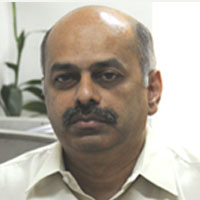GSAT-6: India’s Second Military Satellite Launched
India’s increasing investments in space for strategic purposes clearly indicates the rising relevance of space assets for the armed forces.
- Ajey Lele |
- August 31, 2015 |

Deputy Director General
|